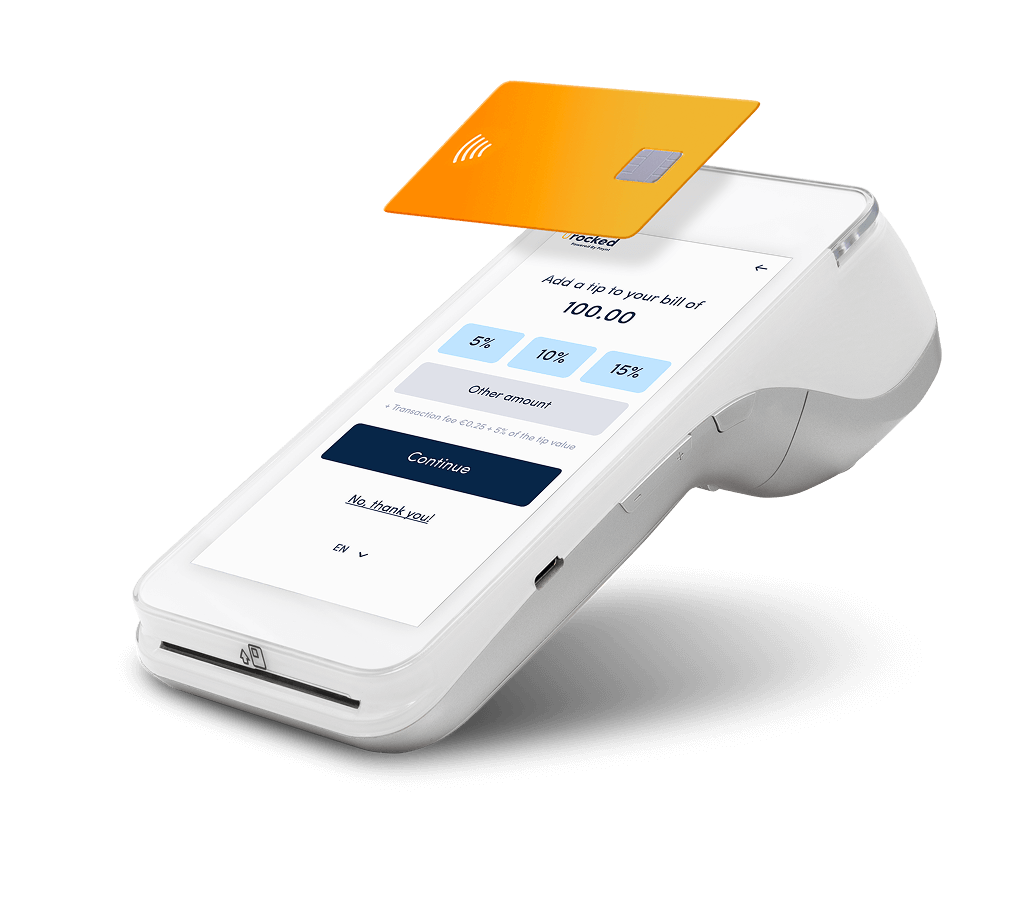Payment Gateway
-
Boost Conversions with a Fast, Secure, and Streamlined Checkout
-
Scale Growth & Accept Payments Globally
-
Increase Approval Rates & Reduce Costs with Dynamic Routing and Cascading

What is a Payment Gateway?

A payment gateway is a merchant service that securely transmits customer payment information to financial institutions, enabling businesses to accept payments online or in-store. It acts as a digital bridge between a merchant’s point-of-sale system and payment networks, authorising debit, credit, or direct payments for businesses.
Payment gateways protect sensitive information through encryption and tokenisation helping businesses meet strict security standards such as PCI DSS compliance.
Payment gateways are essential for digital businesses like e-commerce stores and forex services, as they secure transactions, encrypt payment details, and prevent fraud when merchants cannot physically verify customers. Without a payment gateway, online businesses would have no safe or efficient way to accept card payments or digital wallets on their websites.

Businesses We Support

Upgrade Your Payment Acceptance with Paynt

Payment Gateway Essentials with Paynt
-
Advanced Security & Encryption
End-to-end encryption and tokenisation protect sensitive payment data throughout the transaction process.
-
Intelligent Fraud Detection
Real-time monitoring identifies suspicious activities before they impact your business.
-
Seamless Integrations & SDKs
Connect effortlessly via flexible APIs, server-side SDKs, and plugins for top e-commerce platforms and CRMs. Simplify mobile payments with our iOS and Android SDKs.
-
Conversion-Optimised Checkout
Enhance customer experience with traditional and fast checkout options to reduce cart abandonment and boost conversions.

Global Growth & Business Expansion
-
Multi-Currency Processing
Accept payments in 135+ currencies with competitive exchange rates for international market reach.
-
Competitive Transaction Fees
Transparent pricing structure with lower processing costs compared to traditional payment providers.
-
Subscription Management
Handle recurring billing efficiently with flexible tools designed for sustainable revenue growth.
-
Cross-Border Compliance
Navigate international regulations with built-in compliance tools for VAT, taxes, and regional requirements.
Who We Integrate With
Choose Paynt Payment Gateway for Reliable and Fast Payments with Free Setup and Support
Reasons to Work with Paynt
Innovation at Our Core
At Paynt we focus on delivering technical advancements in the payments industry tailored to help merchants and partners unlock new revenue opportunities.
Combined Gateway & Processing Service
Combine both payment gateway and payment processing capabilities in a single integrated service.
Dedicated Integration Support
Enjoy fast and hassle-free access to our team for efficient support and collaboration.
Global Reach
Partnering with Paynt allows you to support merchants of all sizes across the EEA, UK and USA.
Choose Paynt as Your Payment Gateway Provider

-
Combined Gateway and Processing Service
Combine both payment gateway and payment processing capabilities in a single integrated service.
-
Advanced Security
PCI DSS compliance, tokenisation, and encryption behind the scenes.
-
Multi-Currency Support with Competitive Rates
Paynt offers favorable exchange rates across 135+ currencies.
-
Dedicated Customer Support
Access to 24/7 technical support whenever you need it
Why Do Businesses Need a Payment Gateway?

Businesses need a Payment Gateway because digital payments require secure processing, validation, and settlement between multiple financial institutions. While complex security processes happen behind the scenes, customers experience a simple, frictionless checkout with peace of mind that their transaction is secure. Payment gateways help businesses reduce abandoned carts by providing the perfect balance of speed, security, and user experience.

Businesses need payment gateways for:
-
Transaction Security
Encrypts payment data and maintains PCI compliance
-
Payment Authorisation
Validates customer funds and helps prevent fraudulent charges
-
Global Commerce
Processes international payments and handles currency conversion
-
Business Operations
Automates payment reconciliation and provides transaction reporting
-
Customer Experience
Enables smooth checkout processes and multiple payment options
Payment Types Supported by Paynt
Paynt supports a wide range of payment methods, including Visa, Mastercard, plus digital wallets like Apple Pay and Google Pay. Our platform also processes regional payment options, ensuring global transaction compatibility for all merchants.
Debit and Credit Cards
Paynt’s card machines are designed to seamlessly accept Visa and Mastercard payments, ensuring your business can cater to the most widely used card providers in the world. With support for Chip & PIN, Magstripe, and Contactless payment methods, our machines offer a fast, reliable, and secure solution for your business transactions.


Mobile Wallet Payments
Our platform integrates with popular digital wallets including Apple Pay, Google Pay, and Samsung Pay. These wallet payments offer enhanced security through tokenisation and biometric verification while providing customers with quick, convenient checkout experiences. Paynt's digital wallet support helps merchants capture the growing segment of contactless payment users.
How does a payment gateway work?
A payment gateway works by securely processing digital payments between customers and merchants through a series of encrypted steps. It receives payment information from customers, encrypts the sensitive data, transmits it to the relevant financial institutions for authorisation, and manages the settlement process to transfer funds. This enables safe and efficient payment processing while maintaining compliance with security standards.
A Payment Gateway works as follows:
1.
Payment Initiation: Customer enters their payment details including cardholder name, card number, expiration date, and CVV code.
2.
Data Protection: The payment gateway immediately encrypts the sensitive card data and generates a token to replace the card information via a process called tokenisation.
3.
Data Transmission: The encrypted, tokenised transaction data moves from the payment gateway to the payment processor used by the merchant's acquiring bank. The gateway converts this data from XML to ISO 8583 format, making it compatible with electronic fund transfer systems.
4.
Payment Processing: The payment processor then forwards these details to card associations like Visa or Mastercard.
5.
Authorisation: The issuing bank validates the request and returns a response code indicating approval or denial, with reasons for any declined transactions. For approved transactions, the issuer places an authorisation hold for the purchase amount.
6.
Merchant Confirmation: The response travels back through the payment processor and gateway to the merchant's website, completing the authorisation phase.
7.
Settlement Process: The merchant submits approved authorisations in a daily batch to their acquiring bank. The acquiring bank requests settlement from the card issuer. The card issuer then makes payment to the acquiring bank, typically the next day. The acquiring bank deposits funds into the merchant's account to complete the settlement process.
Merchants have the option of two integration types:
1.
Hosted Integration: The payment gateway provider hosts the payment page on their secure servers. Merchants redirect customers to this hosted page for payment processing. This method reduces PCI compliance requirements and offers simpler implementation but provides less control over the checkout experience.
2.
Self-Hosted Integration: The payment form exists within the merchant's website. This method offers complete control over the user experience and enables advanced customisation options. However, it requires higher PCI compliance standards and more technical expertise for implementation.
How does Paynt help prevent fraud?
Paynt helps prevent fraud by deploying multiple layers of security technology that detect and block suspicious transactions before they impact merchants. This comprehensive approach protects businesses from financial losses while maintaining smooth customer experiences.
Paynt's fraud prevention includes:
- Real-time Transaction Analysis: Evaluation of multiple data points using rule-based detection and risk scoring to identify suspicious patterns instantly.
- Device Fingerprinting: Identification of suspicious patterns by tracking device information and flagging transactions from devices previously associated with fraudulent activity.
- 3D Secure Authentication: Seamless implementation of 3D Secure 2.0, shifting liability to card issuers while maintaining a streamlined checkout experience.
- Chargeback Management: Prevention through clear payment descriptors and comprehensive evidence collection for contesting illegitimate disputes.
- Network Intelligence: Leveraging data across Paynt's merchant network to identify fraud patterns, creating collective protection against organised fraud attempts.
What customer support does Paynt provide?
Paynt customer support is available from 7am and 5pm GMT (UK Time) Monday to Friday. Help centre and intercom chat support is available 24/7.
Get Started Today
Book a Demo